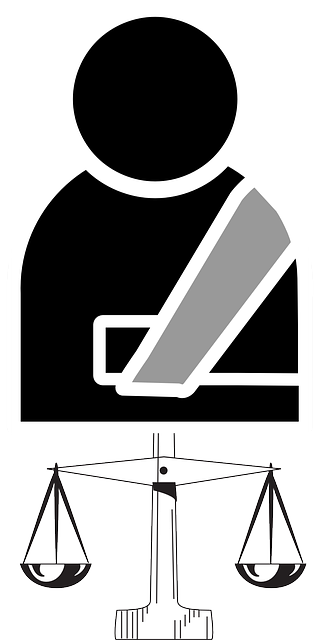Medical records are vital for the injury claim process, providing concrete evidence of a claimant's health journey and injuries sustained before, during, and after an incident like a car accident or medical malpractice. Detailed reports, diagnostic images, and treatment plans within these records help construct strong cases, prove injury severity, recovery duration, and any lasting disabilities, ultimately influencing settlement amounts. Skilful utilization ensures individuals receive adequate compensation for their medical malpractice and personal injuries.
Medical records play a pivotal role in the injury claim process, serving as invaluable evidence that can significantly impact outcomes and settlements. This article delves into the intricacies of medical records within injury claims, exploring their purpose, collection methods, and influence on case results. By understanding how these records shape legal proceedings, individuals navigating the injury claim process can better prepare and present their cases effectively.
- Understanding Medical Records in Injury Claims
- Collection and Documentation of Evidence
- Impact on Claim Outcomes and Settlements
Understanding Medical Records in Injury Claims

Medical records play a pivotal role in the injury claim process, serving as critical documentation that supports individuals seeking compensation for their injuries. These records provide an accurate and detailed account of a patient’s medical history, current condition, and treatments received following an incident like a car accident or case of medical malpractice. They are essentially the backbone of any personal injury claim, as they offer tangible evidence to prove the extent and impact of injuries sustained.
Comprehensive medical records include diagnostic reports, treatment plans, prescription details, and progress notes from healthcare providers. When navigating the injury claim process, these documents help legal representatives build a compelling case for their clients, demonstrating the need for medical care, the duration of recovery, and any long-term effects or disabilities resulting from the injuries. Effective use of medical records can significantly influence the outcome of an injury claim, ensuring individuals receive the medical malpractice compensation they rightfully deserve.
Collection and Documentation of Evidence

In the injury claim process, the collection and documentation of evidence are paramount. Medical records play a crucial role in this phase, serving as a detailed chronicle of an individual’s health status before, during, and after an incident. These records provide irrefutable proof of injuries sustained, treatments received, and the overall impact on the claimant’s well-being. A Miami auto accident attorney would emphasize the importance of thoroughly documenting medical expenses, diagnostic tests, and physician notes to bolster a car accident settlement claim.
Proper documentation begins with immediate reporting of the injury, followed by consistent communication with healthcare providers. Every visit, test result, and prescription should be meticulously recorded. In cases of a breach of contract between the patient and their insurer, these comprehensive medical records become essential evidence. They help establish the severity of the injuries and the need for specific treatments, ultimately influencing the final car accident settlement amount.
Impact on Claim Outcomes and Settlements

The role of medical records in the injury claim process cannot be overstated. These records serve as concrete evidence of an injured party’s condition before and after the incident, providing crucial insights into the extent and nature of their injuries. Medical documentation, including detailed reports, diagnostic images, and treatment plans, plays a pivotal role in shaping the outcome of an injury claim. Compelling medical evidence can significantly impact claim settlements, often leading to more favorable outcomes for claimants.
In personal injury cases, especially those involving serious injuries, medical records are instrumental in convincing insurance companies and courts of the claimant’s distress. A well-documented medical history can help distinguish between pre-existing conditions and injuries sustained during the incident, which is essential for fair compensation. Moreover, these records facilitate communication between claimants, their personal injury lawyers, and opposing parties, ensuring that all relevant health information is considered in negotiations, ultimately influencing settlement amounts.
Medical records play a pivotal role in the injury claim process, serving as concrete evidence that can significantly impact the outcome and settlement. By meticulously documenting treatments, diagnoses, and patient histories, these records provide an invaluable roadmap for both claimants and insurance adjusters. Understanding their importance and ensuring accurate collection and documentation is essential to navigating the complex landscape of injury claims effectively.






